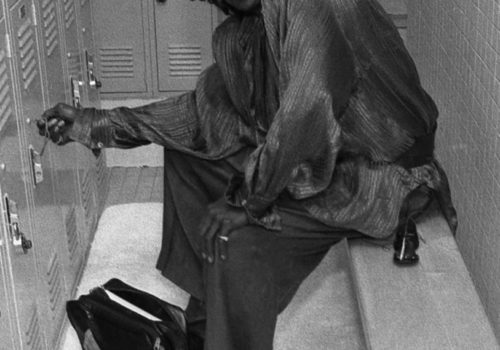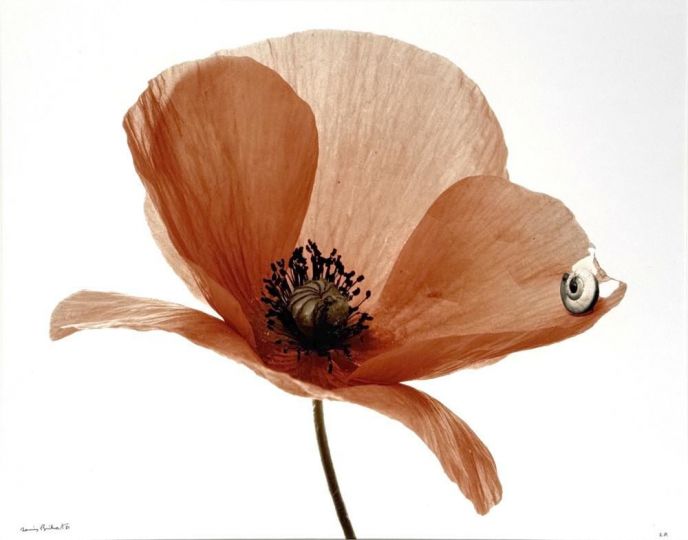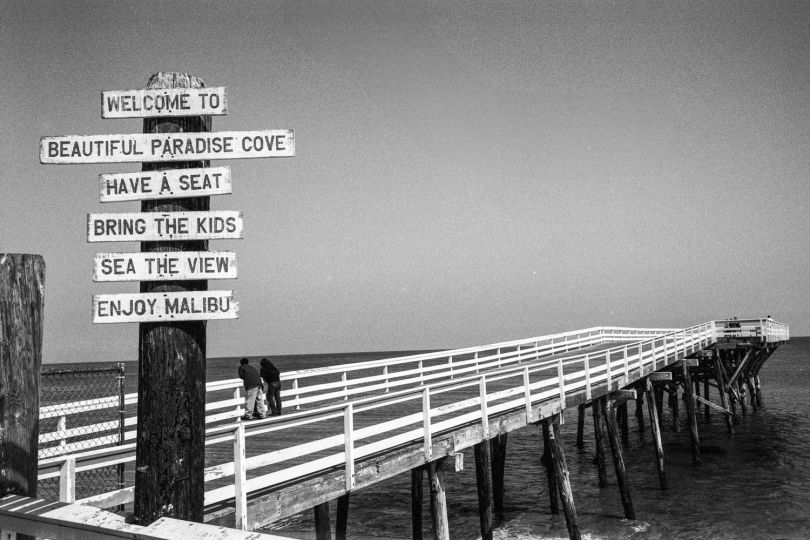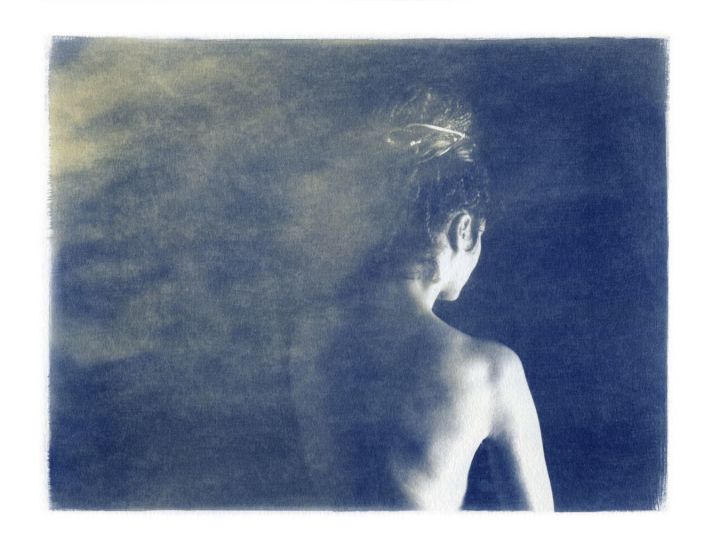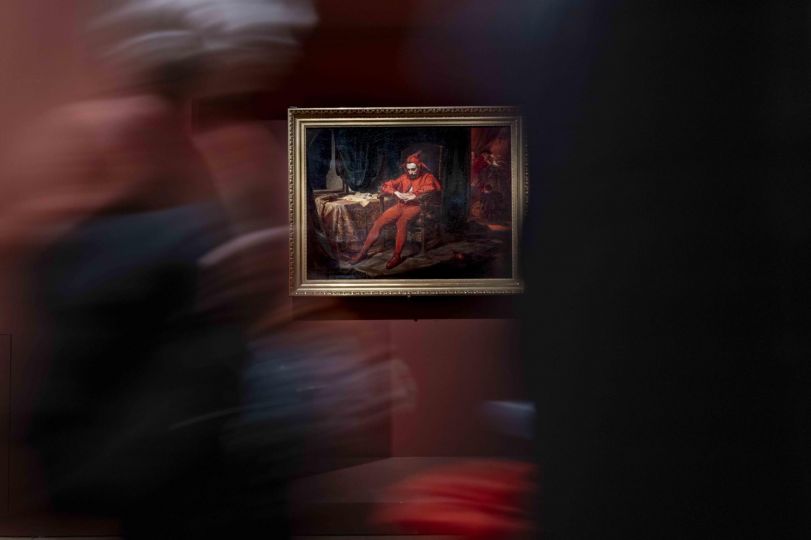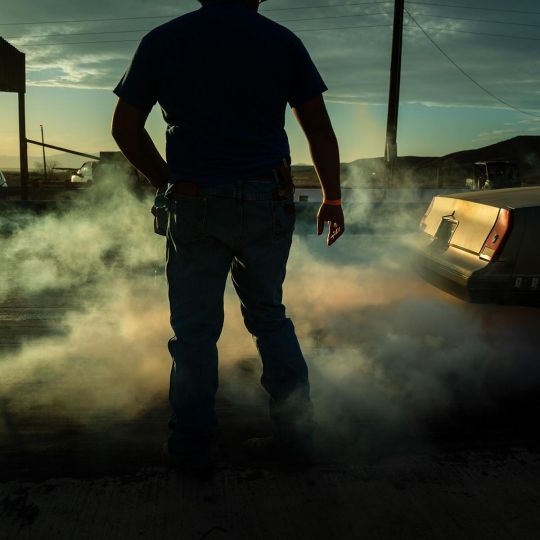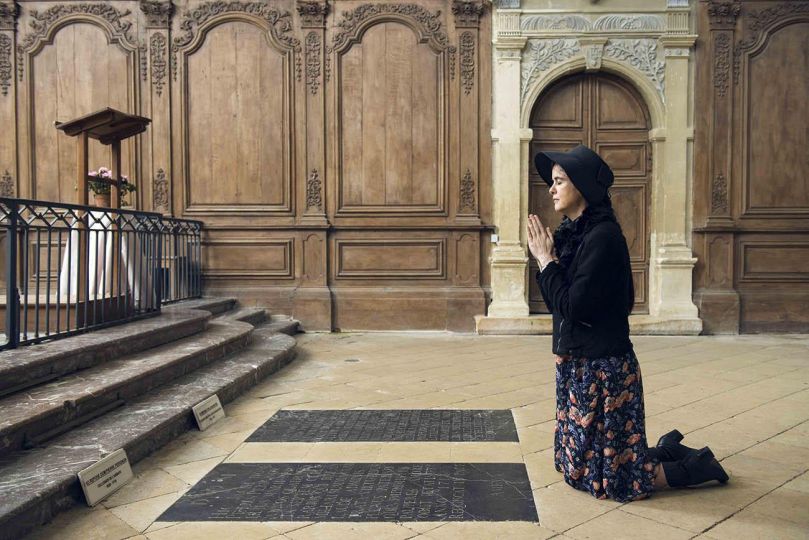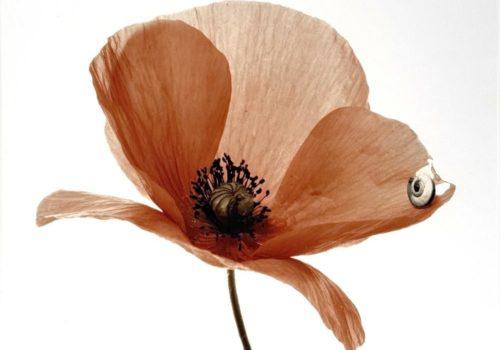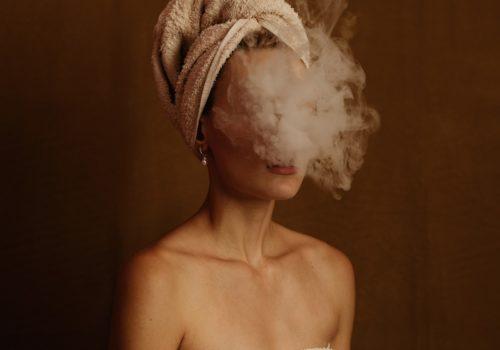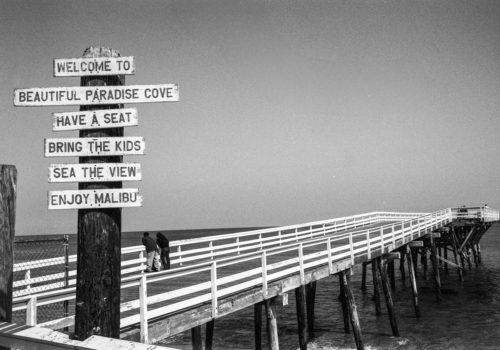In 1975 Miles Davis, one of the most respected and influential musicians of the 20th Century, withdrew from playing music and disappeared from the public eye. Photographer Oliver Morris describe his first meeting with the Prince of Darkness in an healthclub in the early 1980´s.
The trumpeter, bandleader and composer who had played with Cannonball Adderly, John Coltrane, Charlie Mingus, Dizzy Gillespie, Charlie Parker, Dexter Gordon, Sonny Rollins and Gill Evans was gone – vanished from the music scene carrying with him his drug addictions and failing body.
In 1981, roughly five years after diving into a Dante’s world of cocaine, alcohol, sex, abandoned Ferraris and hermitage, Miles Davis looked back, “I had had my rest and a whole lot of fun – misery and pain – but I was ready to go back to music, to see what I had left. I knew it was there, at least I felt it was in me and had never left, but I didn’t really know for sure. I was confident in my ability and my will to move on. During those years people were even saying that I had been forgotten. Some people just wrote me off. But I have never listened to that kind of shit.” (Miles: The Biography, Quincy Troupe)
It was later, one afternoon, in the 1980’s when I first met Miles to photograph him at his health club across from the United Nations in New York. The “King of Cool,” an innovator of Jazz Fusion, Modal Jazz, Hard Bop, Cool Jazz and Bebop was finally working at getting his health back – and back to his music – by swimming laps and pumping iron at his health club.
Miles was in good shape that afternoon. In his raspy whisper of a voice, he said, “You’re cool man, do what ever you want. Hang with me.” Miles, of course, never took off his sunglasses when I photographed him. But I could still see his eyes through his shades and down into his soul. Miles’ naked body was adorned with scars, worn as testimony to the triumph of the human spirit. His scars were his medals of honor for a life fiercely lived.
I heard Miles’ syncopated grunts as he lifted weights. I listened as he breathed rhythmically as he swam laps. As he lifted weights, I watched his small biceps bulge like puffed cheeks blowing their own kind of trumpet. I watched him walk that slow cool walk. It was a Miles Davis performance. But it was without the music.
I could see that the Prince of Darkness was more creative than he had ever been and that he felt the best in him was yet to come.
Oliver Morris

